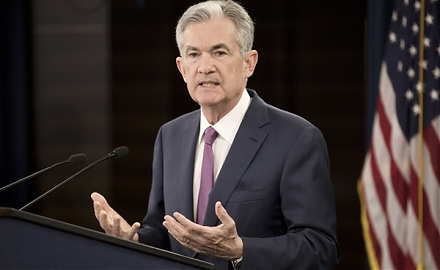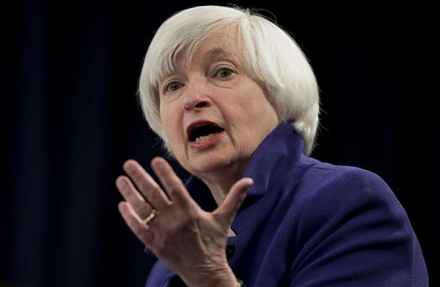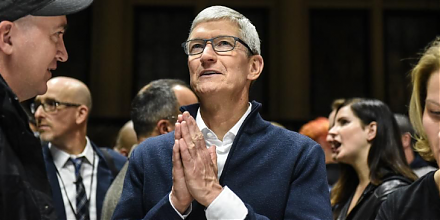

2018-08-07 07:33:00 Tue ET
treasury deficit debt employment inflation interest rate macrofinance fiscal stimulus economic growth fiscal budget public finance treasury bond treasury yield sovereign debt sovereign wealth fund tax cuts government expenditures
President Trump sounds smart when he comes up with a fresh plan to retire $15 trillion national debt. This plan entails taxing American consumers and producers when they buy goods and services from countries subject to his tariffs. The taxes involve steel and aluminum taxes on western allies such as Canada, Europe, and Mexico as well as another 25% tariffs on $200 billion Chinese imports.
However, math seems to be on the other side of this healthy trade debate.
For the fiscal year 2018, the U.S. Congressional Budget Office projects the federal budget deficit to be $800 billion. The Office of Management and Budget projects an even higher deficit of $1 trillion in 2019. In other words, it is difficult for the Trump administration to remain fiscally neutral due to large infrastructure expenditures, tax cuts, trade barriers, and capital investment restrictions. The new Trump tariffs may bring in $100 billion in light of stable macroeconomic demand for imports from Canada, China, Europe, and Mexico.
In this negative light, the Trump administration may not be able to curtail the current budget deficit. In order for the Trump administration to balance the U.S. budget, it would require imposing 40% tariffs on almost all $2 trillion imports. The American dream of total national debt elimination thus seems remote.
In the alternative positive light, it is still plausible for the Trump administration to attain fiscal neutrality in the medium term. If the Trump administration successfully boosts 2.5% real GDP economic growth to 3% or above by 2020, the annual U.S. fiscal revenue may increase from $4.5 trillion to $5.4 trillion. The additional $900 billion fiscal intake can then offset the current U.S. budget deficit. In other words, these pro forma calculations suggest that whether Trump can keep his promise to retire national debt depends on medium-term real GDP economic revival.
Overall, 3%+ real GDP economic growth determines whether President Trump can fulfill his economic MAGA mantra.
If any of our AYA Analytica financial health memos (FHM), blog posts, ebooks, newsletters, and notifications etc, or any other form of online content curation, involves potential copyright concerns, please feel free to contact us at service@ayafintech.network so that we can remove relevant content in response to any such request within a reasonable time frame.
2019-06-23 08:30:00 Sunday ET

The financial crisis of 2008-2009 affects many millennials as they bear the primary costs of college tuition, residential demand, health care, and childcare
2017-04-19 17:37:00 Wednesday ET

Apple is now the world's biggest dividend payer with its $13 billion dividend payout and surpasses ExxonMobil's dividend payout record. Despite the
2019-01-08 17:46:00 Tuesday ET

President Trump forces the Federal Reserve to normalize the current interest rate hike to signal its own monetary policy independence from the White House.
2018-11-05 10:40:00 Monday ET

Former Fed Chair Janet Yellen worries about U.S. government debt accumulation, expects new interest rate increases, and warns of the next economic recession
2019-07-01 12:35:00 Monday ET

Apple releases the new iOS 13 smartphone features. These features include Dark Mode, Audio Share, Memoji, better privacy protection, smart photo collection,
2019-01-09 07:33:00 Wednesday ET

Apple revises down its global sales revenue estimate to $83 billion due to subpar smartphone sales in China. Apple CEO Tim Cook points out the fact that he